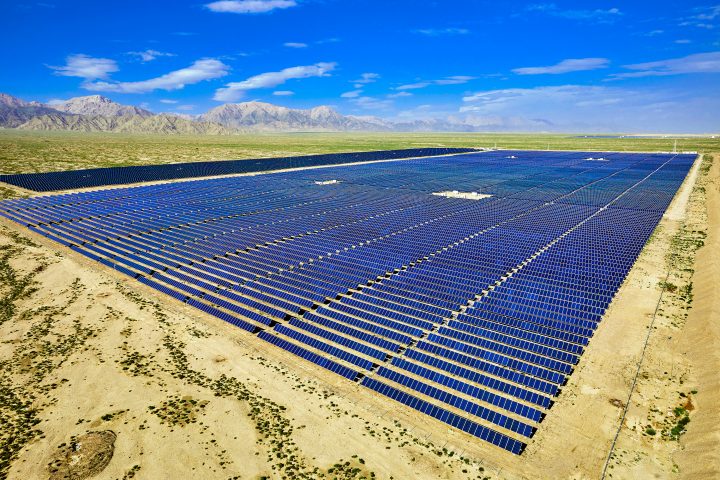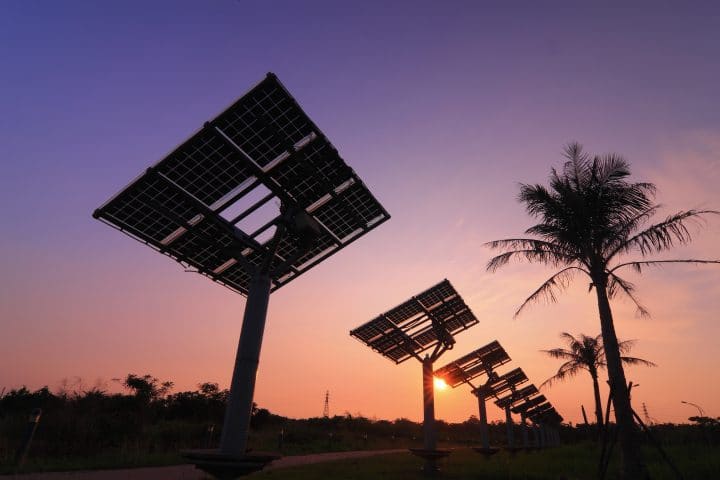CM Solar
Do Solar Panels Work at Night?


We all know that the sun shines during the day but what happens to solar panels when the sun goes down? Do solar panels work at night? This article explores this topic in further detail.
The Short Answer
No, they don’t. For solar panels to generate electricity, they need to absorb energy from the sun’s rays. Because of this, solar panels only work during the day (in most locations).
The Longer Answer
Whilst solar panels only work during daylight hours, there are a couple of exceptions to the rule.
You might be wondering why your neighbors say they generate all of their energy from the sun. You might also hear of solar power plants helping to keep the lights on at night. In both of these cases, solar energy is being stored for later use. Let’s now take a look at how this works.
Solar Energy Storage
As we’ve already mentioned, solar panels only work during the day. There are, however, several ways we can store solar energy for later use. Both domestic solar energy systems and industrial solar power plants can store energy for use at night.
Domestic Solar Energy at Night
In a domestic solar PV system, power can be generated and stored in battery units during the day. This allows households to draw power from the battery bank during the night when its dark.
Solar hot water heating systems are another way we can use solar energy at night. Here, solar thermal collectors absorb solar radiation during the day and heat water. This water can then be stored in a tank for use at night.
Industrial Solar Power at Night
If solar panels don’t work in the dark, how do some solar power plants generate power during the night? The secret here involves an innovative solution for storing solar energy in large quantities.
In a concentrating solar power (CSP) facility, mirrors are used to focus solar radiation on a single point. During the day, the point of focus is often a heat transfer fluid. This is then transferred to water making it boil so it produces steam. The steam is then used to power a turbine and generator which produces electricity.
For CSP facilities to work at night, heat transfer fluids (HTF) have to be replaced for thermal energy storage (TES) mixtures. During the day, instead of heating the HTF, solar energy is directed towards the
TES mixture – usually molten salt.
A thermal energy storage mixture can store solar energy for longer periods than a heat transfer fluid. This way the mixture can be used in the same way as the transfer fluid but during the night.
We should point out that this method only works in CSP facilities and not traditional solar power plants that use photovoltaic cells.
Solar Panels & The Midnight Sun
So, we’ve explained how solar panels don’t work during the night – but is this accurate? In theory, solar panels can work at night depending on your location.
Some locations on earth receive daylight 24 hours a day at certain times of the year. In Northern Finland, the sun does not set at all for 60 days during the summer. This, in theory, allows solar panels to generate power during the night. Of course, the efficiency of a solar panel in a location exposed to the midnight sun might be fairly low.
Conclusion
Solar photovoltaic panels will never work in the dark. They can, however, work at nighttime in locations that receive daylight 24 hours a day at certain times of the year.
The main reason why people believe solar cells work at night is that we can store solar energy for later use. This makes it possible for solar energy collected during daylight hours to be used at night in the dark.
